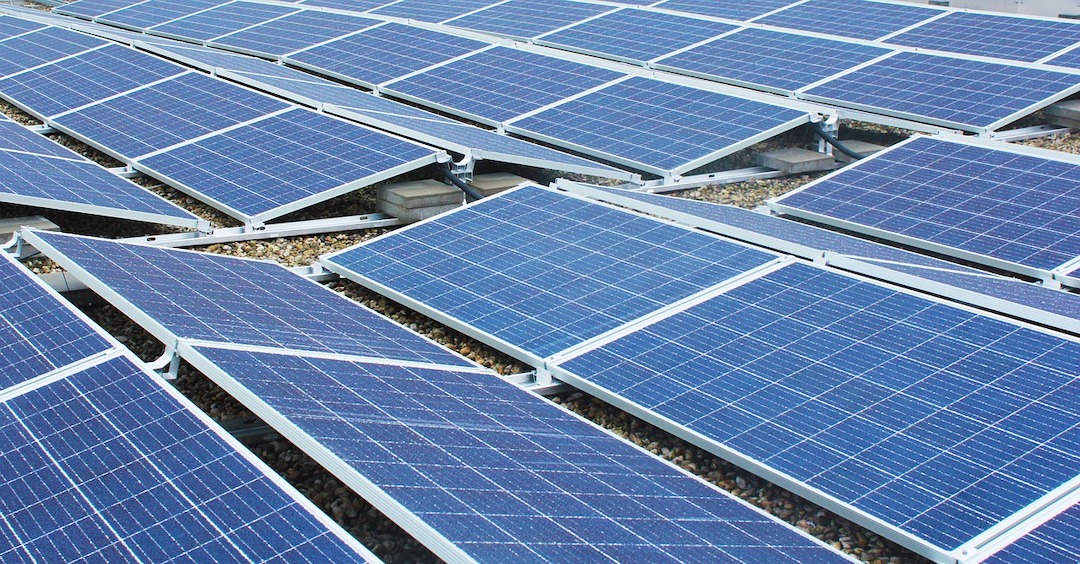There is significant popular support for community solar projects in the U.S., but opposition by utilities and some legislative restrictions are holding back their development.
Nearly 1,600 community solar projects, sometimes called “solar gardens,” are operating nationwide. Most are operating in Minnesota, Massachusetts, New York, and Colorado.
The Biden administration continues to support a $15 million Energy Department initiative to expand the number of solar gardens, particularly in low- and moderate-income neighborhoods. At the state level, though, where regulators set the power rules, interest groups are fighting over what defines community solar and who should generate it.
Utilities say having too many players could unravel regulatory structures that assure power grid reliability and warn of more disasters such as last winter’s deadly blackout in Texas. Some regulations, such as one in Minnesota that restricts ratepayers from subscribing to solar gardens only in their county or an adjacent one, have unintended consequences. The Minnesota rule means the heavily populated Twin Cities region has many potential subscribers but lacks space for gardens. On the other hand, rural areas have ample room for installations but fewer buyers for the energy.
Related Stories
| Aug 2, 2013
Netherlands Institute of Ecology built to zero waste principles
The Netherlands Institute of Ecology was designed and built to be the most sustainable building in Holland and incorporate the zero waste principles of Cradle-to-Cradle design.
| Aug 2, 2013
Threat of more powerful coastal storms could curtail development
Led by Stanford University’s Natural Capital Project, researchers mapped the intensity of hazards posed to communities living along America’s coastlines from rising seas and ferocious storms now and in the decades to come.
| Jul 26, 2013
AGC launches new coalition to help bring tax relief to construction sector
Associated General Contractor of America (AGC) has launched the Coalition for Fair Effective Tax Rates to bring tax relief to the construction sector.
| Jul 26, 2013
Legislation would revamp federal contracting policy impacting small design and construction firms
Legislation was introduced in the U.S. House of Representative this month to ban reverse auctions when an agency determines small businesses are qualified to bid on the solicitation.
| Jul 26, 2013
Detroit’s problems may make blue infrastructure codes more likely
The City of Detroit’s financial problems may make it more likely to adopt blue infrastructure standards.
| Jul 26, 2013
Cities should reconsider rooming houses to build affordable housing stock, says expert
Building codes have effectively outlawed the bottom end of the private housing market, driving up rents on everything above it, argues the Sightline Institute's Alan Durning.
| Jul 17, 2013
WorldGBC, IFC pledge to rapidly scale up green construction in emerging markets
IFC, a member of the World Bank Group, and the World Green Building Council (WorldGBC) are collaborating to rapidly scale up the construction of green buildings in emerging markets.
| Jul 17, 2013
Louisiana governor signs $250 million bill for 29 community college projects
Louisiana Gov. Bobby Jindal signed into law this month a bill that provides $251.6 million for 29 projects at Louisiana Community and Technical College campuses.
| Jul 17, 2013
U.S. House continues to block enforcement of light bulb standards
The House of Representatives last week voted to block the enforcement of light bulb standards that many say would effectively force people to buy more expensive compact fluorescent bulbs.
| Jul 17, 2013
Should city parking space requirements be abolished?
Some cities are deliberately discouraging construction of new parking spaces by allowing the construction of buildings with a lower ratio of parking spaces to dwellings (as low as 0.75 spaces per residence).













